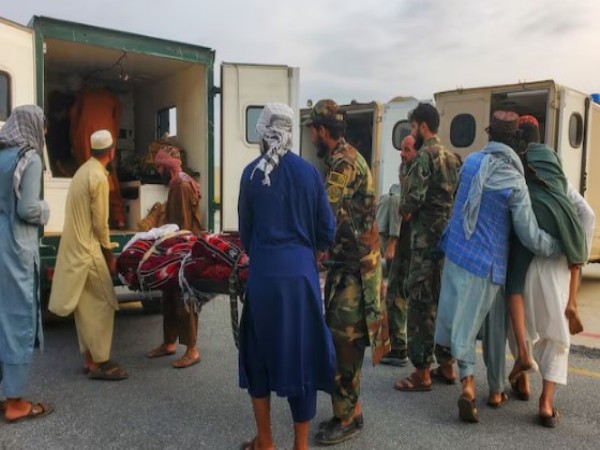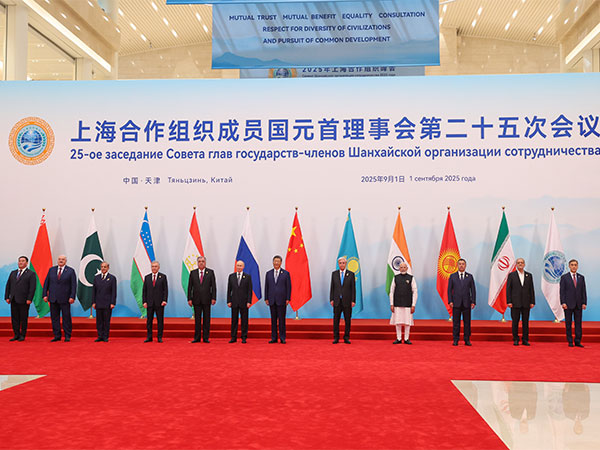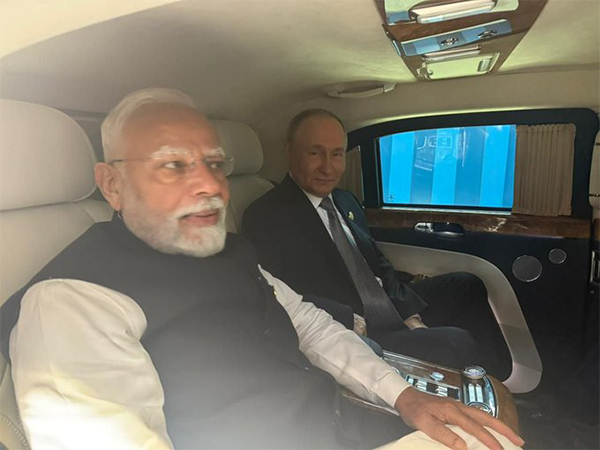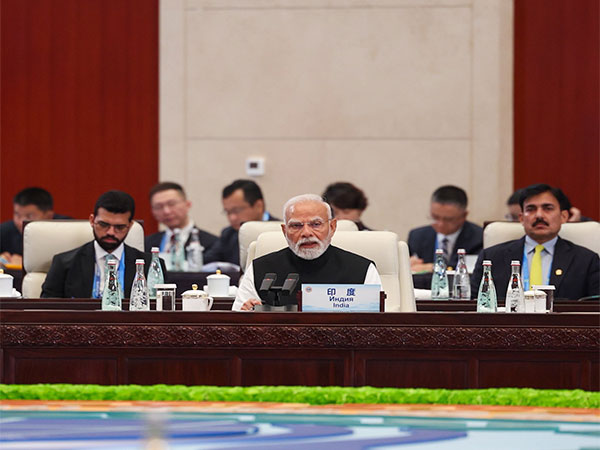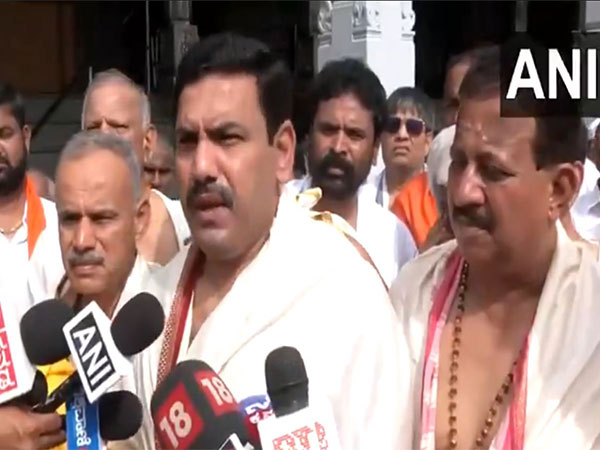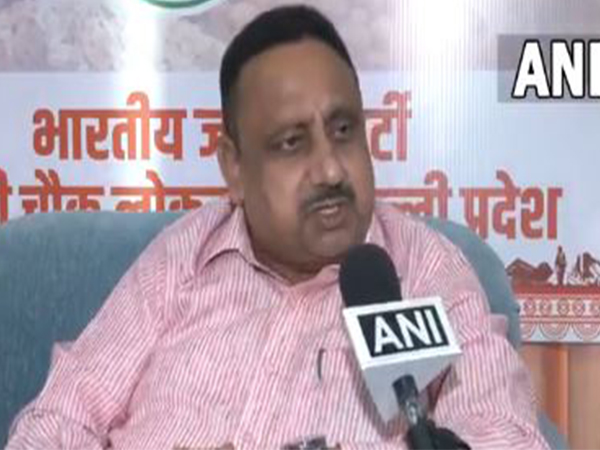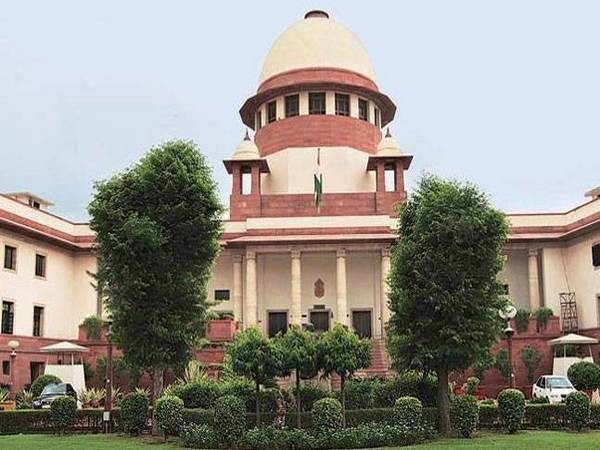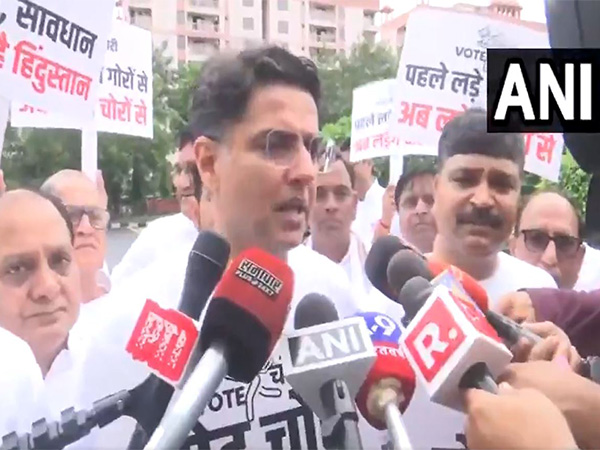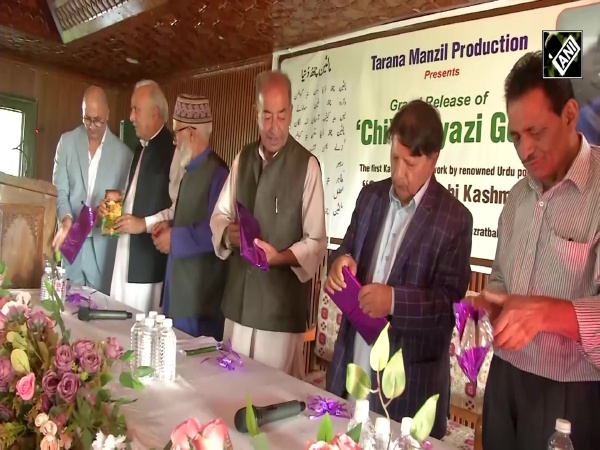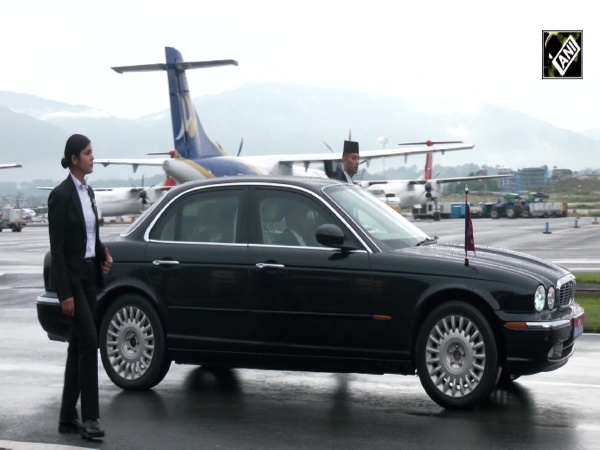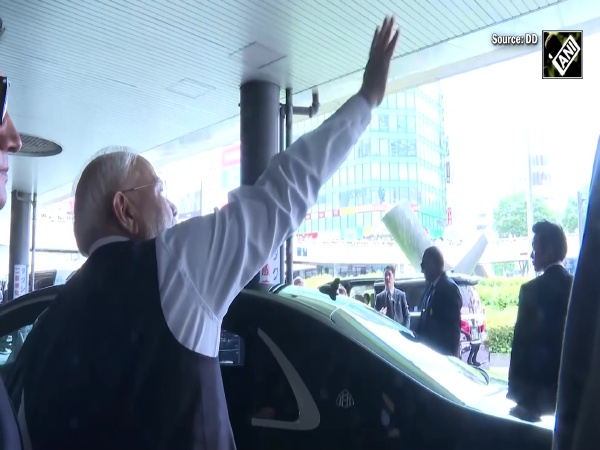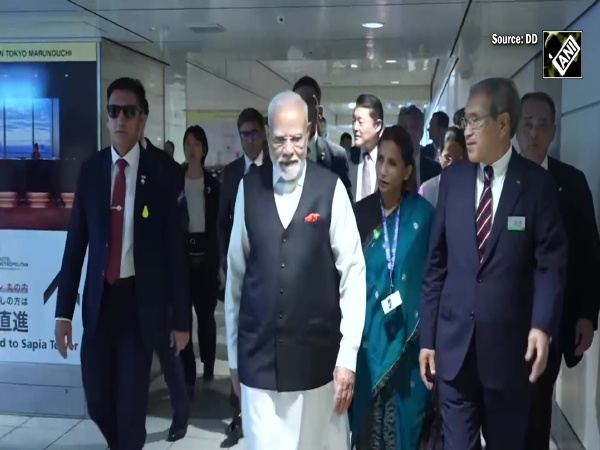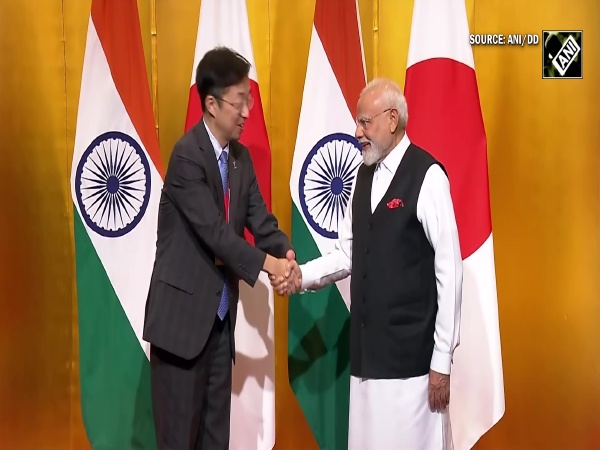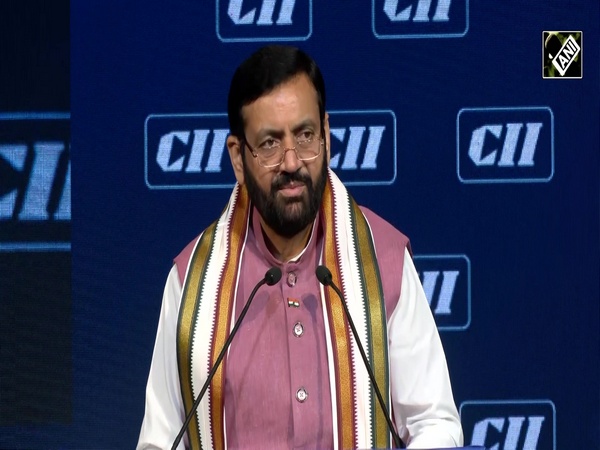TRIPS waiver will facilitate scaling up, timely availability of affordable COVID-19 vaccines: India at UNSC
May 07, 2021

New Delhi [India], May 7 : India has worked with South Africa and other partners in the WTO to seek relaxation in the norms of the TRIPS agreement, Foreign Secretary Harsh Vardhan Shringla said on Friday and noted that this waiver will be an important step for enabling the rapid scaling up of manufacture and timely availability of affordable COVID-19 vaccines and essential medical products on a global basis.
Shringla said lack of a "coordinated global response" has exposed the vulnerabilities and weaknesses of the multilateral system and the pandemic has exposed the fault lines from "unreliable global supply chains to inequitable vaccine distribution".
He was speaking at UNSC high-level meeting on 'Maintenance of international peace and security: upholding multilateralism and the United Nations-centred international system'.
"India has also worked with South Africa and other partners in the WTO to seek relaxation in the norms of the TRIPS agreement to ensure quick and affordable access to vaccines and medicines for developing countries during the COVID pandemic. This waiver will be an important step for enabling the rapid scaling up of manufacture and timely availability of affordable COVID-19 vaccines and essential medical products on a global basis," Shringla said.
In October last year, India and South Africa, along with 57 members of WTO proposed a waiver from certain provisions of the Trade-Related Aspects of Intellectual Property Rights (TRIPS) agreement for prevention, containment, and treatment of COVID-19.
The WTO Agreement on Trade-Related Aspects of Intellectual Property Rights (TRIPS) is a comprehensive multilateral agreement on intellectual property.
The Foreign Secretary said that the COVID-19 pandemic has clearly demonstrated how imperative it is for all countries to coordinate responses to the various challenges that the pandemic has brought to the fore.
"The COVID-19 pandemic has sharpened our awareness of the depth of global interdependence, and on the fact that the world is only as resilient as the least resilient country. The events of the past year have clearly demonstrated how imperative it is for all countries to coordinate responses to the various challenges that the pandemic has brought to the fore," he said.
Shringla said the pandemic has underlined the need for global solidarity and strengthened multilateralism.
"The re-imagined post-pandemic world will make profoundly different demands from the multilateral system, which must evolve accordingly so as to be fit for purpose and capable of inspiring confidence in its ability to effectively meet those demands," he said.
Noting that the United Nations today is the most universal and representative international organisation, Shringla, however, said that the multitude of challenges of today's dynamic and interdependent world cannot be addressed with outdated systems that were designed to deal with the challenges of the past.
Referring to several contemporary global challenges such as terrorism, radicalism, pandemics, climate change, threats from new and emerging technologies, the Foreign Secretary said while the UN has addressed most of these issues somewhat partially and intermittently, "our collective effort has nonetheless fallen short in providing effective and enduring solutions, primarily due to the infirmities within the multilateral system".
